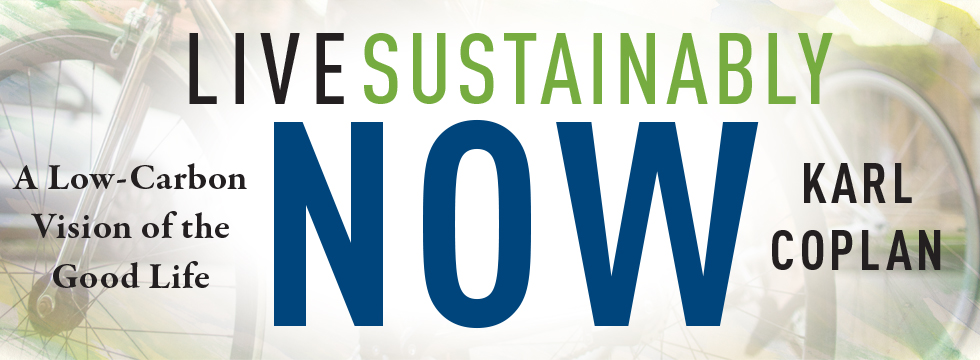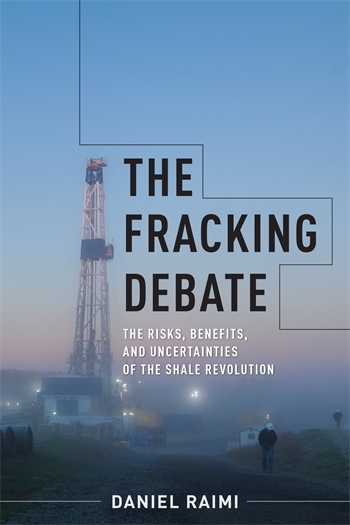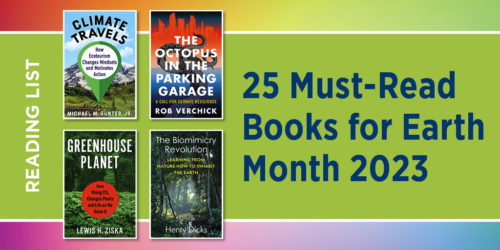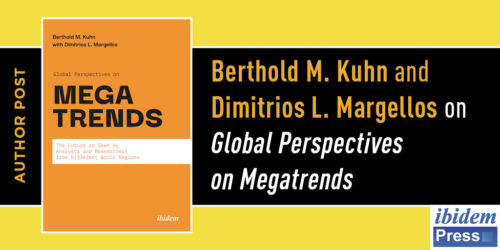Enacting Environmental Stewardship by Acting Locally

“Talking the environmental talk is one thing, but if you want to walk the walk, too, Karl Coplan’s book will tell you how to do it and how to do it happily.”
~Colin Beavan, author of How To Be Alive and No Impact Man
It’s University Press Week and discussing today’s theme about environmental stewardship is Karl Coplan, author of the forthcoming book Live Sustainably Now: A Low-Carbon Vision of the Good Life.
• • • • • •
The problem of global warming is going to require a new way of thinking about environmental stewardship—one that may compel individual altruistic action as well as collective political action. Fortunately, there are steps you can take right now to become a better global climate steward.
Environmental stewardship is easy to visualize on the local level. The forest, field, and water resources that surround us are not ours to consume, but rather our responsibility to preserve. Stewardship epitomizes Wendell Berry’s aphorism (often attributed to Native American lore) that we do not inherit the earth from our ancestors; rather, we borrow it from our children. This sort of local environmental stewardship inspires communities to organize to protect irreplaceable ecosystems like old growth forests, productive wetlands, and prairie grasses, and to fight polluters and developers who threaten watersheds and airsheds. Local environmental stewardship synergizes nicely with local self-interest: preserving these resources for our children means we can continue to enjoy them ourselves.
Anthropogenic global warming forces us into a different kind of stewardship—when Wendell Berry’s aphorism collides with Buckminster Fuller’s direction to “Think Locally, Act Globally.” Climate change is the ultimate global problem. Thinking globally about climate change requires a level of altruism that local environmental stewardship does not: the children from whom we borrow the Earth’s climate system are likely to be on the other side of the planet and may look very different from those of us borrowing most heavily from the system.
“Addressing global warming may also be directly at odds with local environmental stewardship.”
Addressing global warming may also be directly at odds with local environmental stewardship. The IPCC says that, globally, we need to reduce greenhouse gas emissions by about 50% over the next twelve years to be on track to limit global warming to 1.5° C. The IPCC’s own estimate of plausible pathways to achieving this reduction relies heavily on expanded use of hydroelectric power and nuclear energy, and the likely use of biomass energy with carbon capture and storage to achieve negative emissions for the inevitable amount of overshoot. Other engineering assessments of a zero-emissions energy economy, such as those prepared by Mark Jacobson of Stanford and Michael Bloomberg’s BloombergNEF group, similarly count on hydro and nuclear. Yet siting and powering these low-carbon energy facilities will destroy some ecosystems and damage others, pitting local environmental stewardship action against global climate system thinking.
Effectively addressing anthropogenic global warming will require coordinated international action to transition to a sustainable system of energy production and consumption, and this transition may involve local environmental compromises. But the consumption side of the sustainable energy equation begins in the home, and no action is more local than the choices we all make (in the developed world, at least) about how we get to work; how we heat, cool, and light our houses; what we eat; and where and how we travel.
“The overwhelming nature of the global warming problem makes individual action seem insignificant. But there are strong ethical and political arguments for individuals to take the lead in reducing emissions.”
Many climate activists resist calls for individual emissions reductions, arguing that global warming response demands systems change and collective action, not individual change or individual action. The overwhelming nature of the global warming problem makes individual action seem insignificant. But there are strong ethical and political arguments for individuals to take the lead in reducing emissions. An individual consumer’s infinitesimally small individual contribution to a seemingly infinitely large ecological catastrophe is still significant—and the maxim “first, do no harm” is an ethical first principle. On a pragmatic level, collective measures to limit fossil fuels will not gain political support until communities can envision a desirable lifestyle without it. Individuals play a role in modeling what sort of consumption is choiceworthy within their social circles. Bragging about a vacation trip to Vietnam sends one message, while bragging about solar panels on your roof and an electric vehicle (EV) in your garage sends another. Everyone who cares about the global climate is a local thought leader, and studies have shown that the climate action message is much more persuasive when it comes from someone who has taken individual actions to reduce their own footprint.
Bringing global climate stewardship home starts with a look in the mirror. Carbon calculators like the Berkeley Cool Climate calculator let you calculate your own contribution to climate change and compare it to your community averages. Climate stewardship should mean, at a minimum, reducing your footprint below your own community’s average. Take the easy steps first to tackle the big four parts of a developed-world household footprint: commuting to work, electricity, heat, and food. Sign up for renewable electricity in your house, switch to an EV when your fossil burner is ready for trade-in, eat less beef and lamb, and start thinking about converting your heating system to an electric heat pump system. If you are a homeowner and you support the Paris Agreement’s and Green New Deal’s goals of 100% zero-carbon energy in a few decades, then put your own house on track to achieve these goals.
“Bringing global climate stewardship home starts with a look in the mirror.”
Your contribution to the solution may be small in the global context, but with the right moves, you can measure your own emissions reductions in tons of carbon dioxide—no small feat. About four years ago, I put myself on a carbon diet of four tons of CO2e for my direct emissions (transport, heat, electric and red meat), about half of the average U.S. footprint and well below the average for my community. My book about the joys and challenges of a personal journey to the low-carbon good life is titled Live Sustainably Now, and will be out from Columbia University Press by the end of the year.
Living a life in better balance with the global climate system will not eliminate climate dread, but will give you the inner peace of doing you part. Of course, individual action is no substitute for political engagement; effective climate response will require both, on a massive scale. That means not just voting for climate action in every election, but communicating the urgency of climate action to your elected representatives at every opportunity. But individual climate stewardship will play a role in changing the consumption norms in the developed world.







